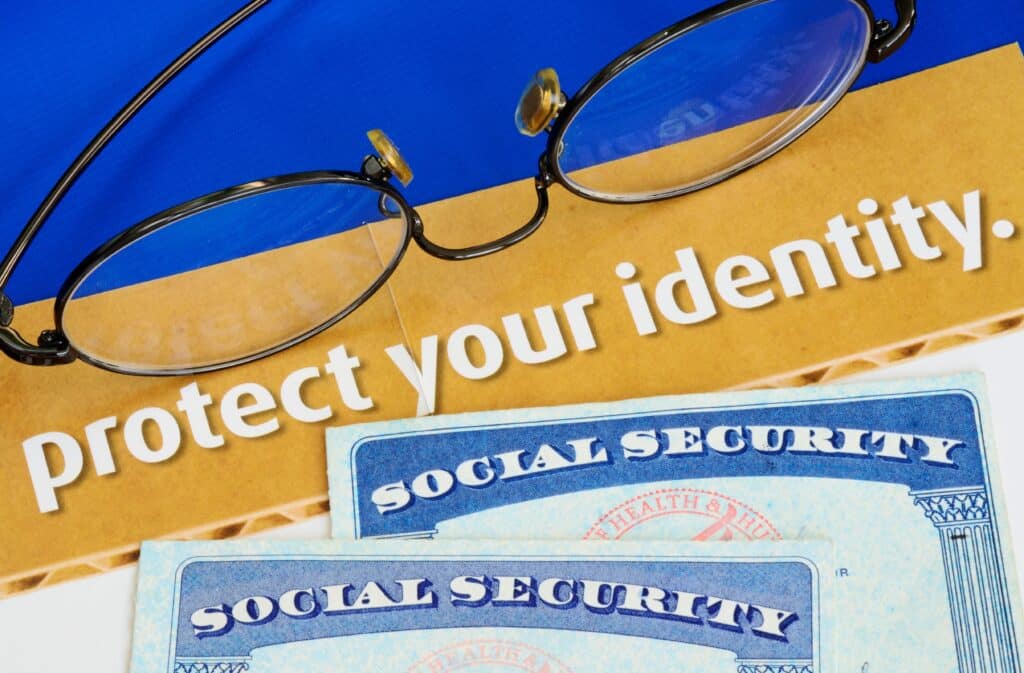How the IRS CP01A Notice Protects Expats from Identity Theft

Taxpayers often feel scared when they receive a notice from the IRS. It’s normal to panic. But not all letters are a cause for fear. Let’s take the IRS CP01A notice as an example.
When you receive this notice, it means that the IRS has assigned you an Identity Protection Personal Identification Number (IP PIN). This unique six-digit number helps prevent fraudsters from filing tax returns using your identity.
In 2023, authorities flagged over 1 million returns for identity theft. This is a serious concern, and the IRS is committed to protecting taxpayers. An Identity Protection PIN is one way they achieve this.
If a CP01A notice landed in your mailbox, you might wonder why the IRS sent it. Well, here are the possible reasons.
Why Did I Receive an IRS CP01A Notice?
There are two main reasons why the IRS might assign you an Identity Protection PIN.
If you’ve reported identity theft to the IRS, they’ll assign you an IP PIN. The CP01A notice informs you of this PIN and how to use it.
Sometimes, the IRS may give you an IP PIN if they believe you are at risk for identity theft. This could be due to past data breaches or suspicious activity on your tax account.
Can I Request an IP PIN?
You can. Even if you didn’t report or experience identity theft, you can still get an IP PIN from the IRS for prevention. There are three ways you can request one.
- Using the online tool
The quickest way to get a PIN is to use the Get an IP PIN tool from the IRS website. You must register to confirm your identity if you don’t have an account yet. The tool is usually accessible from mid-January through mid-November.
- Filing an Application
You can apply using Form 15227. You qualify if you’re single and made under $79,000 last year or $158,000 for married filing jointly. After filling out the form, the IRS will call you on the number you provide to verify your identity. It will send your IP PIN by mail once the verification is complete, usually within four to six weeks.
- Requesting in-person authentication
If you can’t use the above options, you can schedule an appointment at a local Taxpayer Assistance Center. You must bring your current government-issued ID and another document to prove your identity. Once verified, you’ll receive your IP PIN by mail in about three weeks.
How Do I Use My Identity Protection Number?
Once you receive it, the IRS will require you to enter your identity protection PIN every time you file. Otherwise, it’ll reject your return.
For electronic returns, include your IP PIN in the right spot on your tax form. This rule applies to all taxpayers listed on the return. That includes you, your spouse, and any dependents. If only one person on the return has an IP PIN, they should enter it with their Social Security number. You must enter your unique six-digit code if both of you have one.
If your dependent also received an IP PIN, you must include it on your federal tax return. This applies to Form 2441 for Child and Dependent Care Expenses and Schedule EIC for Earned Income Credit.
For paper returns, the person who received the IP PIN should enter it on the return. If you’re the primary taxpayer, write your ID number in the “Identity Protection PIN” box. The box is near your signature and occupation. If there’s a second taxpayer, such as your spouse, they should also put their identification number in the same box. But they must place it next to their signature.
Note that IP PINs are valid only for one year. The IRS will mail you a new one each year.
How Do I Keep My PIN Secure?
Do not share it with anyone. But, if you hire an expert to prepare your return, they might ask you for your IP PIN to file your federal tax return. To verify your tax professional’s credentials, check out this link.
Be aware that the IRS will not ask for your personal identification number. If you get a call, email, or text claiming to be from the agency, do NOT give your PIN.
Protecting your IP PIN is critical. It guards your tax identity and prevents fraud. The tips above will help you keep it safe and secure.
If you have questions or need help with your taxes, call Tax Samaritan at 775-305-1040 for a free 15-minute, no-obligation consultation.


